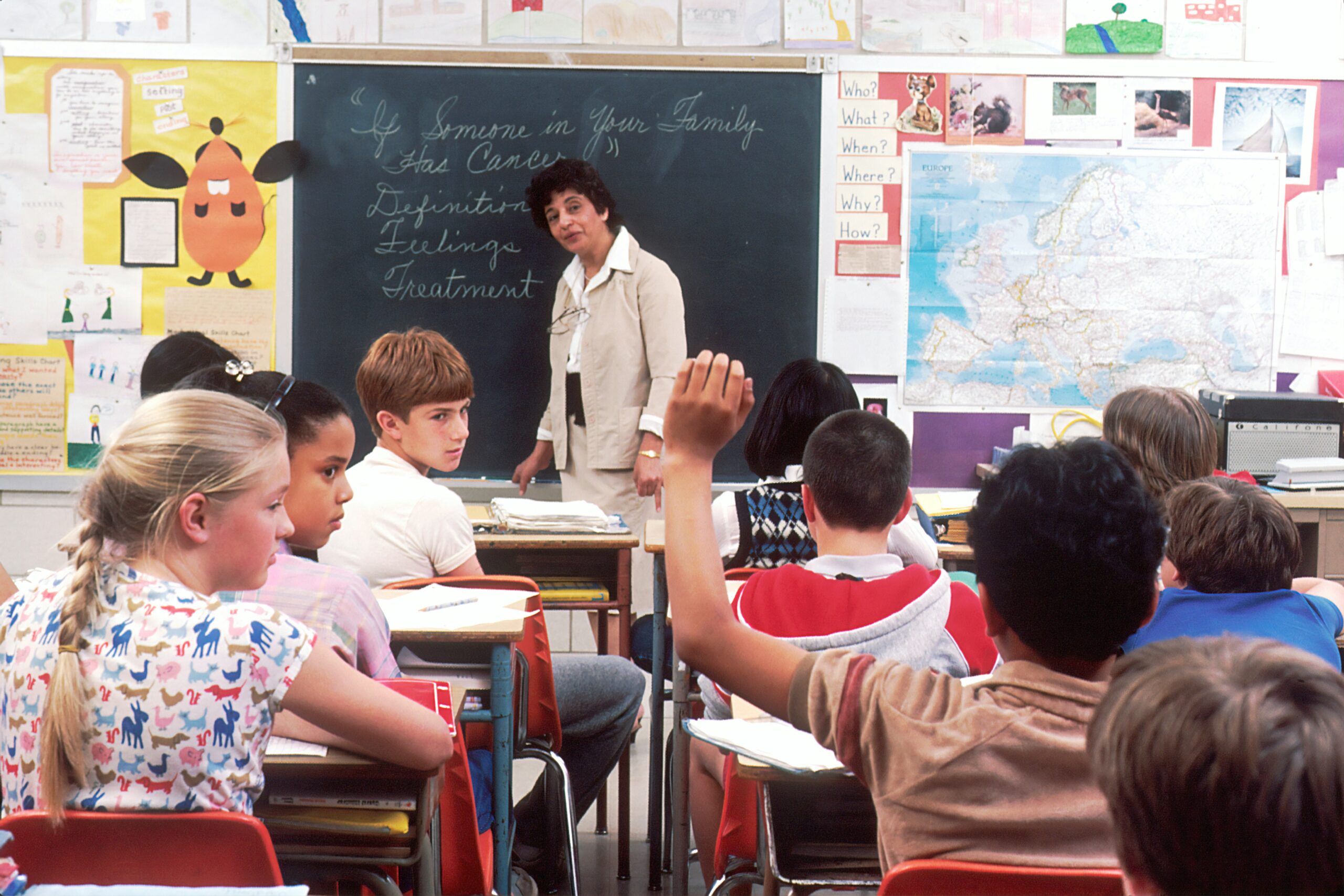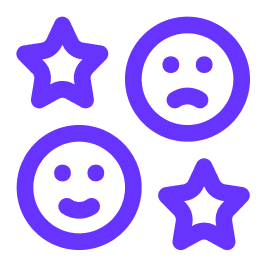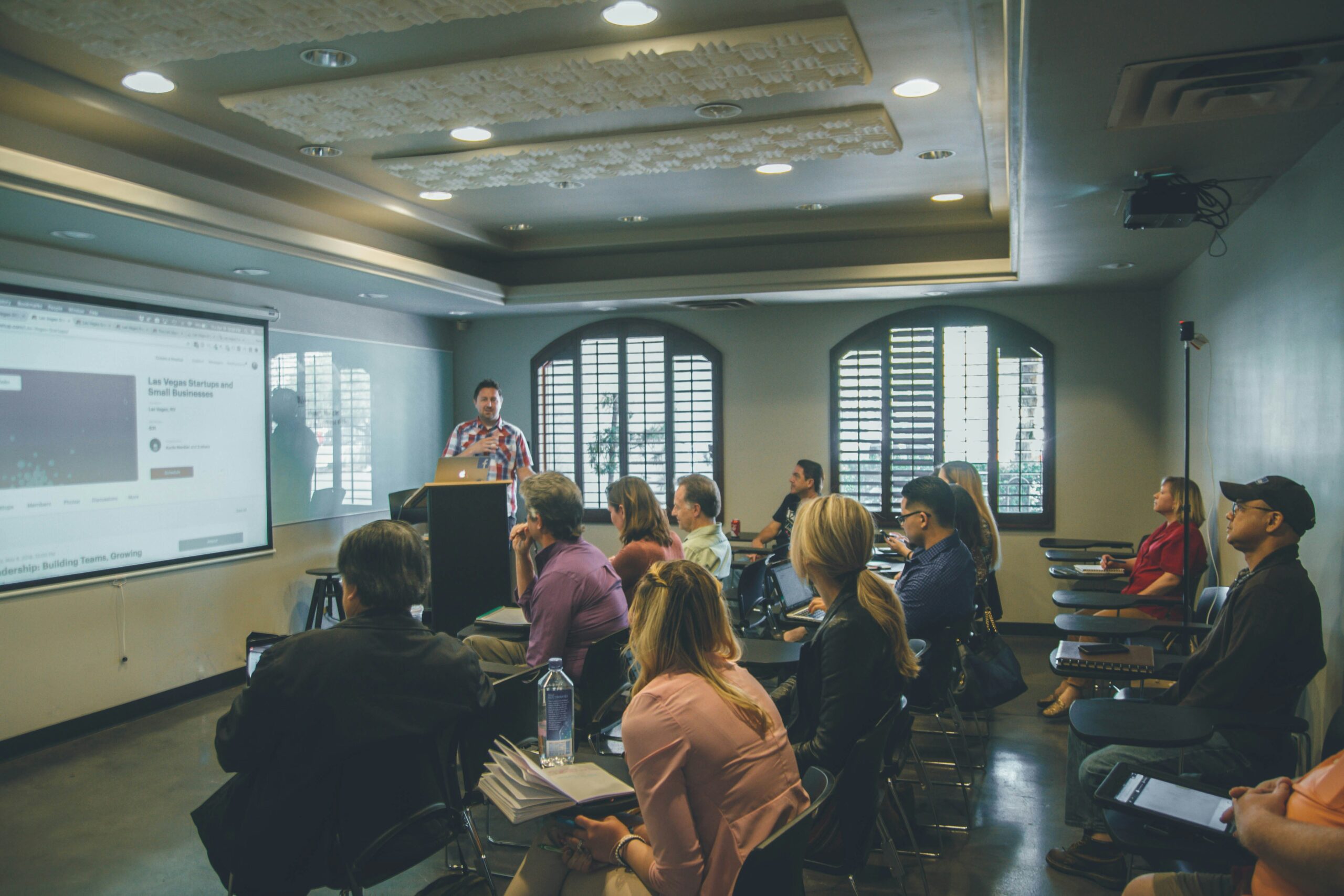Let’s travel back in time — maybe a few years, maybe a few decades — back to earlier times, when you were at school. Imagine an average classroom. You as a student, with class mates, a teacher, a board, chalk, small tables, small chairs and, of course, stuff to be learned. A lot of stuff to learn.
Did you want to be there?

Maybe you had a favourite subject, something that felt more like a hobby to you? Think back to that one: What made it your favourite subject? And also think about the more boring ones when you were sitting there, trying to pay attention and just letting the words flow over your head. What made them boring? Ignore the ones you hated — I don’t want to bring up bad memories.

I don’t know you, but I am pretty sure the cool and the boring subjects were dependent on these factors:
- How nice or motivating was my teacher?
- Was my teacher able to explain things well?
- Did I understand what was going on and why I was learning the subject?
I loved subjects where I had fun, even if I didn’t learn much. But sometimes, my friends and I just had had the best time when we could also build a connection with our teacher. I also loved subjects where the teacher could really instill the information that I needed to learn in me, and they didn’t just talk for 45 minutes. And I loved the subjects in which I understood why I was learning all those lessons.
Now, I am not at school anymore. Even worse, I am a teacher now. Well, not at school, but I teach others about data, data literacy and data tools, like Tableau.
Learning needs to be fun. If it’s not fun, for whatever reason, we don’t learn. Or we do learn, but forget everything right away. That sounds a little bit weird, but mostly, because we don’t really associate fun with our previous learning experiences. Which is a shame.
Learning Should Be Fun
When I deliver a training, there are usually – but not always – people there who want to be there. That’s probably the biggest difference to the boring subjects in school in our earlier lives. But still, most trainings around the world work like this: A teacher knows something and tells others about it.

I don’t want to judge that, per se. Of course, the teacher knows more about the subject than the trainees, otherwise the training wouldn’t happen. Well, I was also sitting in a training once, where the trainer discovered, he knew far less than he thought he would. A funny experience, but also money that was thrown out the window. I would argue that if a training is just that, one person telling others something, it will be like a boring subject at school.
I decided I don’t want that. Participants in my trainings should enjoy the experience. They should get up in the morning, get to work, visit a conference room or do all that virtually and really look forward to what they are going to learn that day.

I talk a lot in my trainings, but I also encourage questions and curiosity. I don’t just tell others how things work; I always start with why this is interesting in the first place or what they can do with what they learn. I always adapt to the learning pace of my trainees, never losing anyone on the way.
I also play music.
What? Music?
Yes, be it in a solid room or in a virtual one, there’s music in my trainings. Not all the time, but when we start, when we have breaks, when we do exercises and whenever we think it’s a good idea. Not elevator music, nothing that just plays in the background. A participant once put it like this:
“Your training kind of felt like a party. Pretty cool.”
InterWorks trainings have an ongoing suspense of curiosity and anticipation, as I like to call it. That means it’s not the teacher telling and the students doing, it’s a journey we go on together, discovering the tool or topic. We don’t want to bore anyone, and we achieve that partly because we are experienced trainers and partly because we are excited about the stuff we are teaching.
No one should feel like a prisoner in a meeting they cannot get out of. Trainings should be interactive. Trainings should have a goal. Trainings should be a joyful experience. Otherwise, people don’t want to learn more.
Learning should be fun.


